“Where, after all, do universal human rights begin? In small places, close to home — so close and so small that they cannot be seen on any maps of the world. […] Unless these rights have meaning there, they have little meaning anywhere. Without concerted citizen action to uphold them close to home, we shall look in vain for progress in the larger world.”
Eleanor Roosevelt
Brief History Behind Human Rights Awareness Month
The United Nations was established in October 1945 following the end of World War II. Former First Lady Eleanor Roosevelt chaired its Commission on Human Rights composed of eighteen members from diverse personal, linguistic, cultural and political backgrounds. In the middle of a particularly rancorous period of the new Cold War, Roosevelt shepherded the drafting of The Universal Declaration of Human Rights (UDHR). Relations between the West and Russia were worsening, the Berlin blockade threated another world war, the Palestine question split world opinion, and hot spots erupted in China, Korea, and Greece.
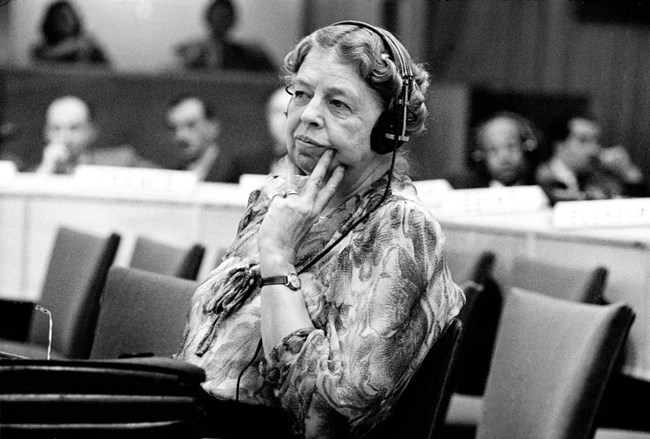
The photo is available through the Richard Public Library.
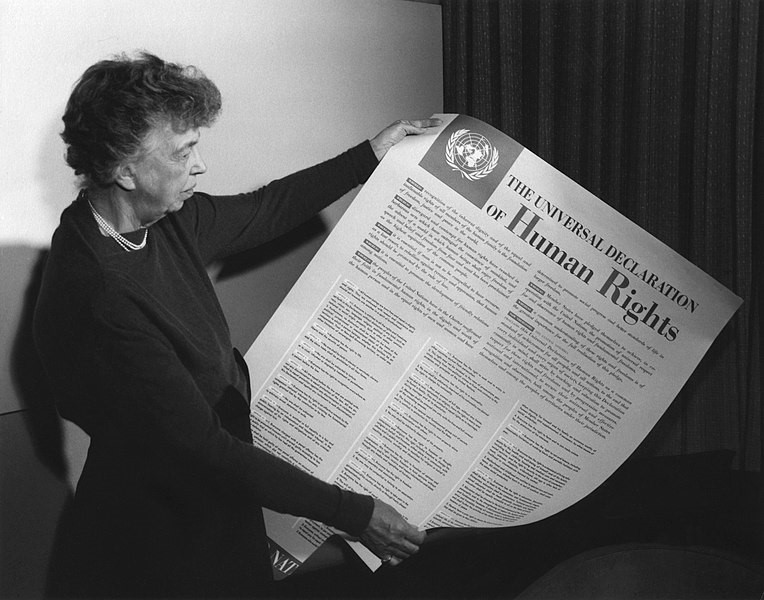
It took two years to finalize the document as the members poured over the basic human rights and principles to include and debated over how to express them. The commission members knew the document was not perfect, but they had proven that people with radically opposite world opinions could agree on some mutual benchmarks of morality. When Roosevelt presented the declaration to the General Assembly of the United Nations she remarked: “We stand today at the threshold of a great event both in the life of the United Nations and in the life of mankind. This declaration may well become the international Magna Carta for all men everywhere.”[i]
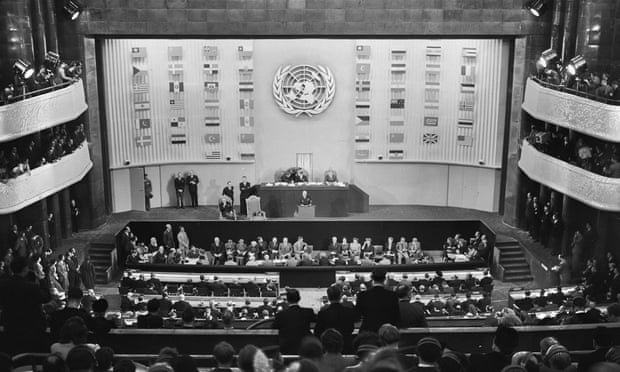
The U.N. adopted the UDHR on December 10, 1948. That’s why we memorialize December 10 as Human Rights Day.
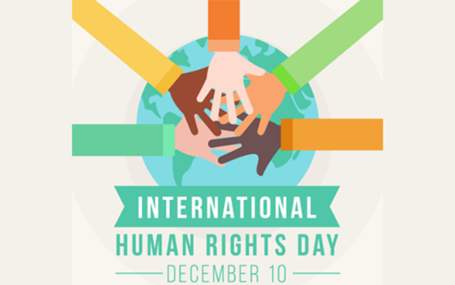
Roosevelt considered her part in realization of the UDHR as her greatest accomplishment. Learn more at: Beacon of Hope – Eleanor Roosevelt and the Universal Declaration of Human Rights.
The only other female delegate to the Commission on Human Rights in 1947 to 1948 was Hansa Mehta of India. She stalwartly fought for the rights of women in India and elsewhere. Mehta is commonly credited with altering the phrase “All men are born free and equal” to “All human beings are born free and equal” in Article 1 of the UDHR.
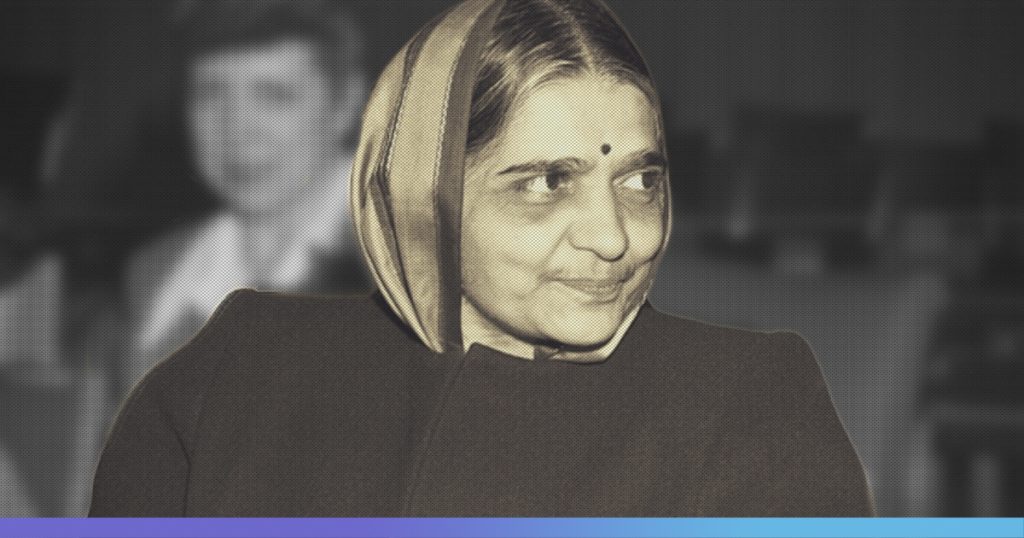
You can discover more about Mehta and the role of other women like Minerva Bernardino at several sources like The Women Who Shaped The Universal Declaration of Human Rights.
Just What is The Universal Declaration of Human Rights?
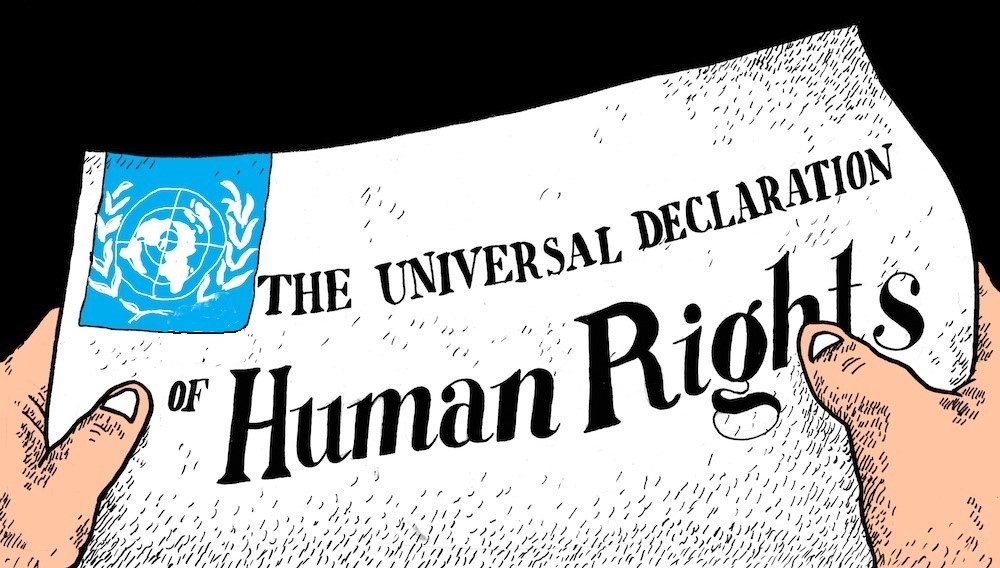
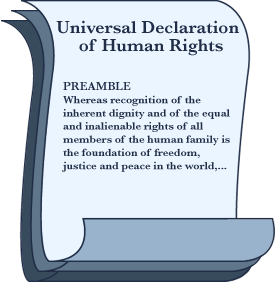
The Universal Declaration of Human Rights is considered to be a landmark in the history of human rights. The United Nations (General Assembly resolution 217 A) declared it: “as a common standard of achievement for all peoples and all nations….”[ii] The Preamble begins with “Whereas recognition of the inherent dignity and of the equal and inalienable rights of all members of the human family is the foundation of freedom, justice and peace in the world.” The preamble explains the UDHR’s fundamental values, places the document within a historical perspective, and tells what it signified to the ratifying countries.
The thirty articles following the preamble include the most crucial entitlements and freedoms of people worldwide. Listed below is a very abridged version of the UDHR. The rights listed in the UDHR were as contentious among the member nations of the United Nations in 1948 as they are today.
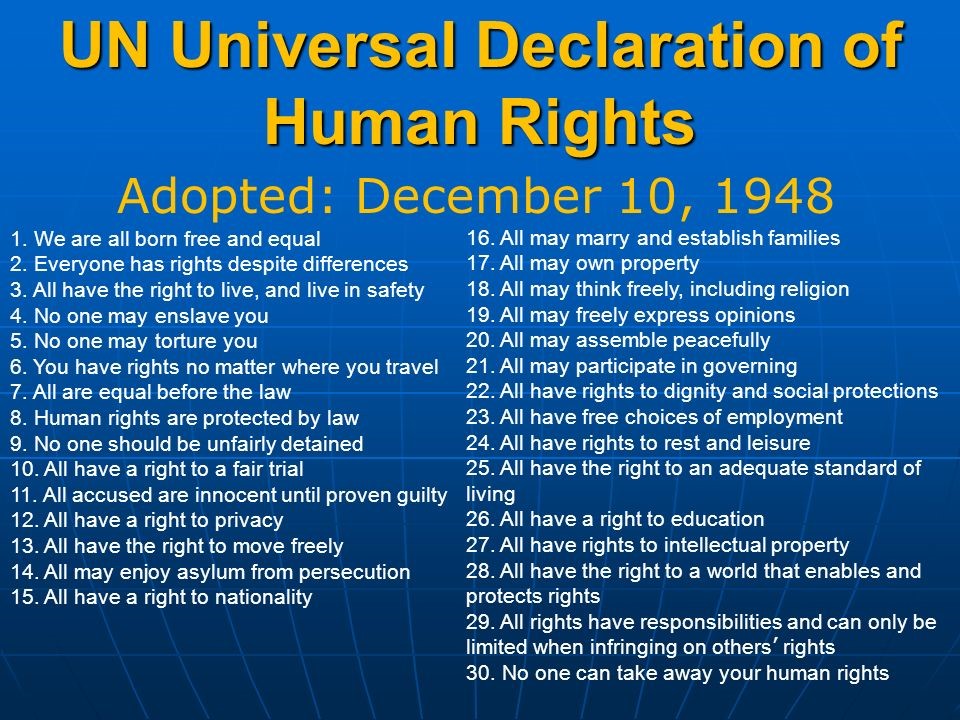
Why Does the Universal Declaration of Human Rights Matter?
When Claude Welch, SUNY Distinguished Service Professor of Political Science was asked this question he replied,
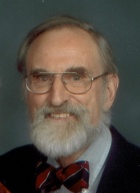
“The UDHR is among the most important documents of the 20th century….It has become a touchstone for actions by governments, individuals, and nongovernmental groups. It has been ratified by every country in the world. Practically no other international instrument can claim this honor. In short, the UDHR has acquired a moral and political significance matched by few documents.
It provides both a guide to present action and an evolving set of ideas for future implementation at the national level. Increasingly, the UDHR’s principles have been embodied in what states do and it serves as the foundation for the International Bill of Rights and several other crucial human rights agreements. And, not least, the UDHR has proven a remarkably flexible foundation for a continued broadening and deepening of the very concept of human rights….“
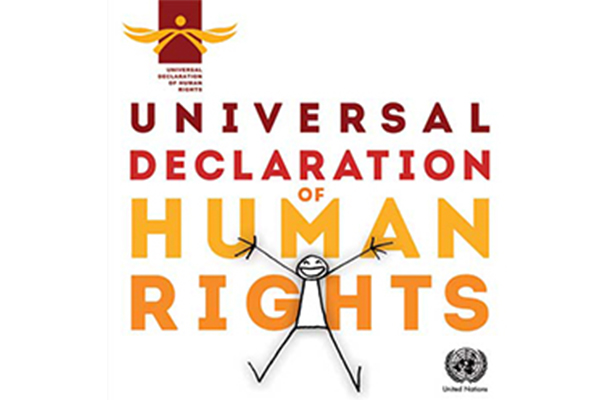
THe UDHR has been translated into more than 500 languages. Roosevelt liked to say that documents conveying ideals ‘”carry no weight unless the people know them, unless the people understand them, unless the people demand that they be lived.’”[iii] There is a simplified, illustrated version of the UDHR.
Since adoption of the Universal Declaration of Human Rights the principle of human rights is broadly recognized even though as we know individuals’ rights are abused, disregarded regularly worldwide. Human trafficking is just one example. The United Nation defines human trafficking as the “recruitment, transportation, transfer, harbouring or receipt of persons, by means of the threat or use of force or coercion…for the purpose of exploitation.”
Progress has been and continues to be made as people have the means to express, claim and defend their rights so distinct from those who were stripped of their human rights in World War II. So many member countries of the United Nations were determined to prevent that from happening again.
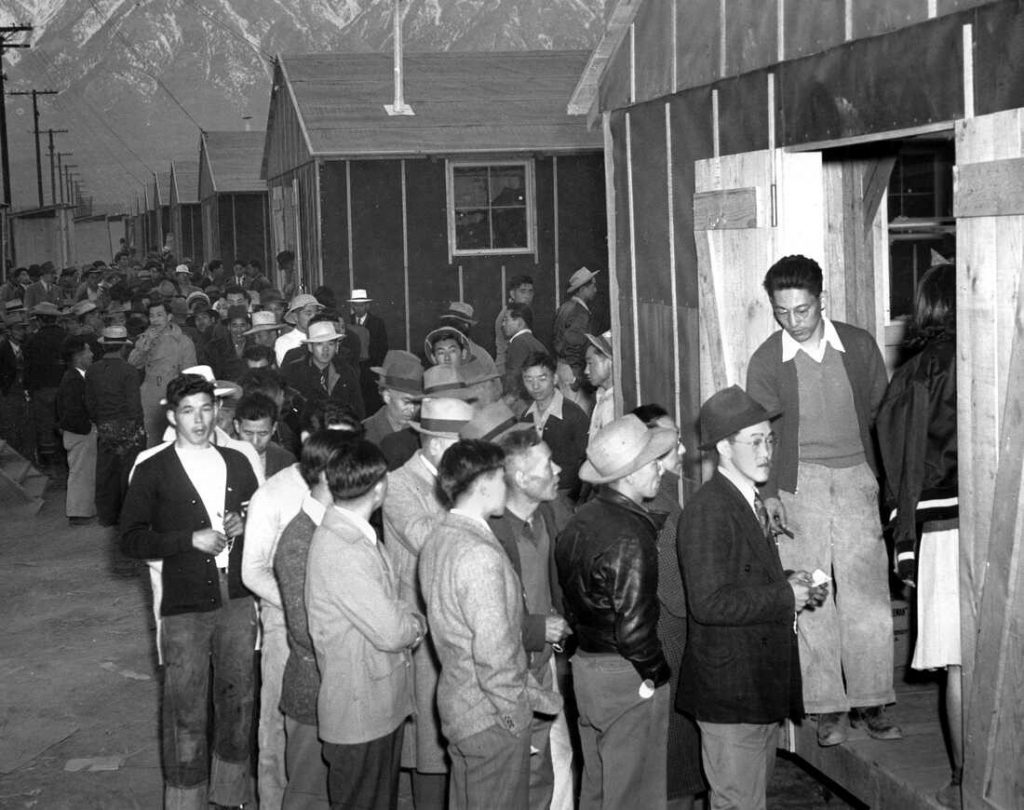
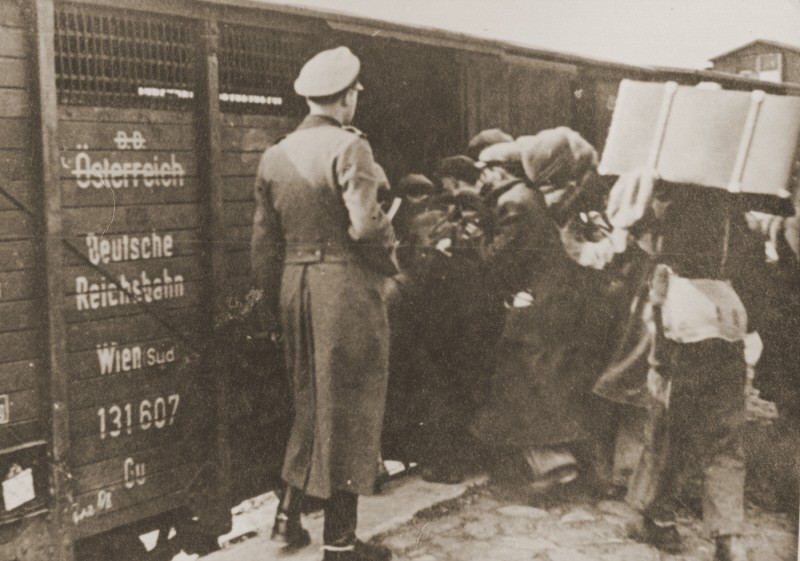
Article 25 of the UDHR states: “Everyone has the right to a standard of living adequate for the health and well-being of himself and of his family, including food….” Yet we know that people worldwide suffer from food insecurity. Millions of people in Latin America and the Caribbean are ravaged with hunger. The U.N. stated that Covid-19 pandemic has exacerbated a “malnutrition crisis to its worst levels in decades….” According to a UN Regional Overview of Food Security and Nutrition report, “In just one year – from 2019 to 2020 — the number of people living with hunger in the region rose by 30%, or 13.8 million people….Women are going hungrier than men…as food insecurity disproportionately affects the most vulnerable people in society. In 2020, approximately 42% of women experienced moderate or severe food insecurity, compared with 32% of men. That disparity has consistently widened in recent years…with a spike from 6.4% to 9.6% in the first year of the pandemic. Julio Berdegué, regional representative for the UN’s Food and Agriculture Organization …called the overall situation “critical,” adding that the pandemic had dramatically intensified existing food insecurity.”
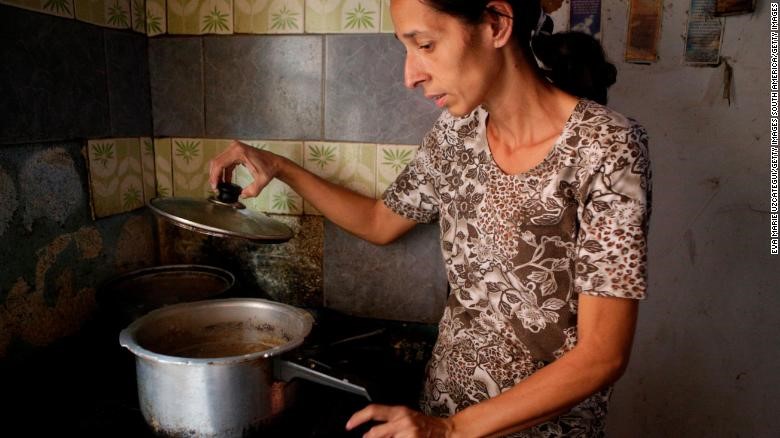
One remarkable example of progress was the end of apartheid in South Africa and the freeing from prison of Nelson Mandela who rose to be president.
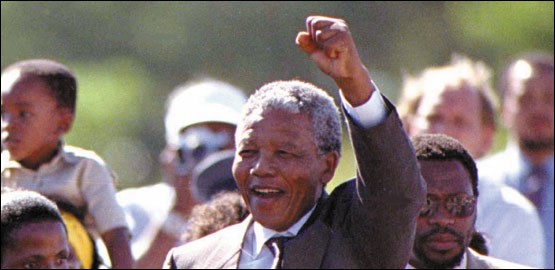
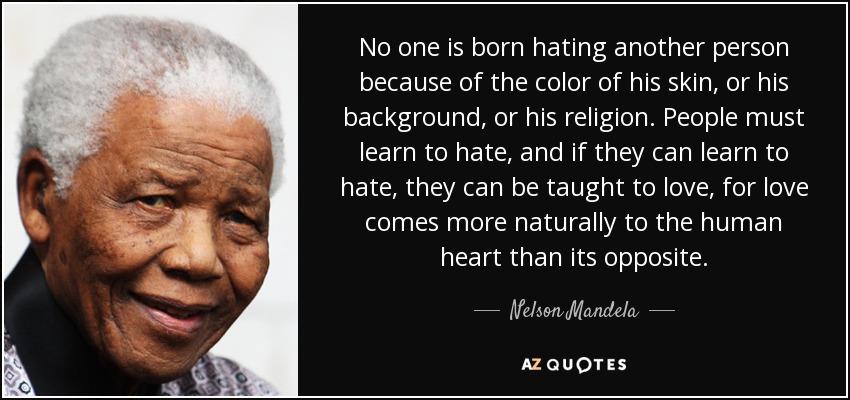
Many countries have taken text from the UDHR and written it into their constitutions. Over eighty international declarations and treaties originated from the UDHR. Among them are the 1984 Convention against Torture and the 1989 Convention on the Rights of the Child. Each United Nations member country has ratified one if not more than nine key human rights treaties.
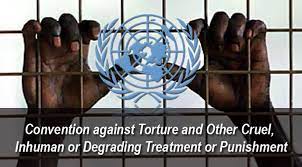
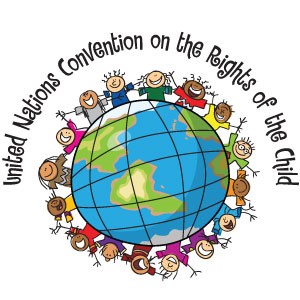
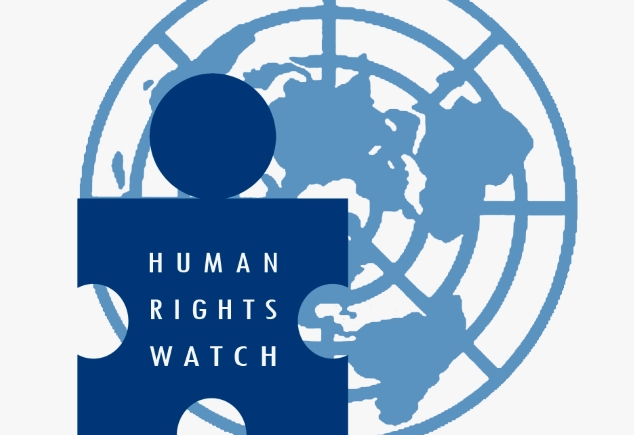
The UDHR has inspired the work of numerous non-governmental organizations such as Amnesty International and Human Rights Watch. There are of thousands of similar bodies and individuals advocating and scrutinizing human rights across the globe.

In Virginia
In Virginia there are numerous organizations working to improve human rights like Equality Virginia (EV). EV “understands that LGBTQ Virginians, from youth to seniors, continue to experience violence, discrimination, and disparities, particularly transgender people and people of color.”
EV Advocates (EVA) “works with Equality Virginia to improve equal rights for LGBTQ Virginians through public policy and advocacy.” https://equalityvirginia.org/about/
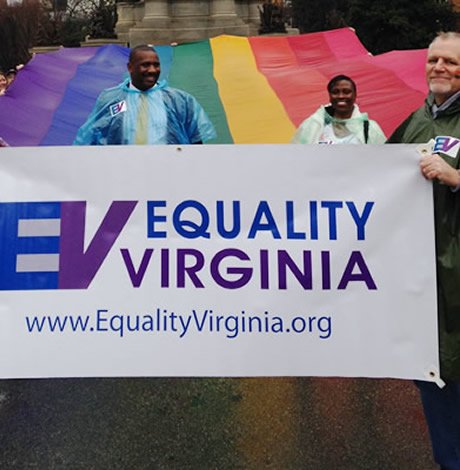
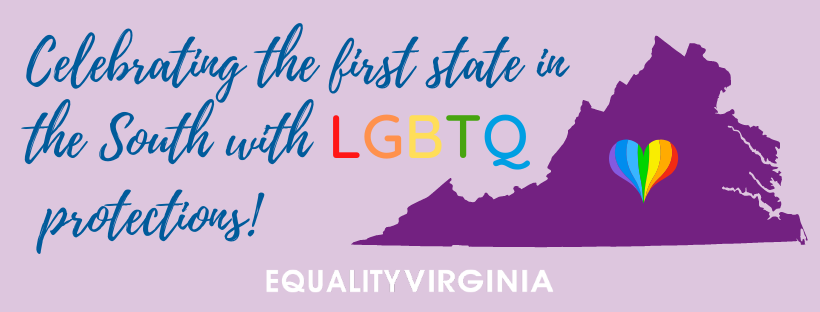
The Center for Health and Human Rights was “officially launched on Monday, December 10th, 2012, coinciding with the International Human Rights Day.” The center is a nonprofit organization which strives to “offer quality medical care to underserved populations, engage in community education, and provide advocacy and policy analysis on matters of health and human rights.” The organization’s “mission is to offer short term acute care as well as long term care for chronic illnesses such as hypertension, diabetes, high cholesterol and asthma/allergies. The Center is not a political entity. We are simply offering health as a human right.”
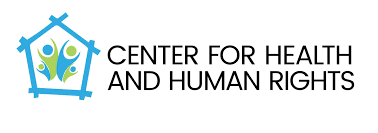
Human Rights Day 2021
The 2021 theme is Equality: Reducing inequalities, advancing human rights. It’s linked to Article 1 of the UDHR – “All human beings are born free and equal in dignity and rights”.
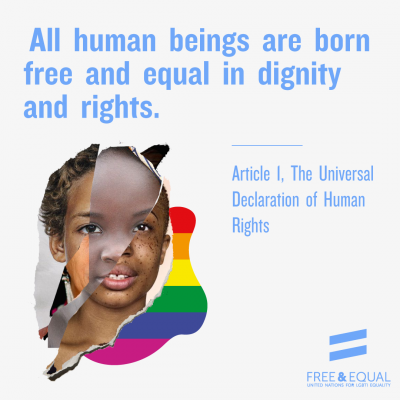
Each year the Law Library of Congress celebrates Human Rights Day with an event designed to promote understanding and recognition of human rights around the globe. This year’s event [Thursday, December 9, 3:30 p.m.]focuses on the intersection of health and human rights, with a panel that will bring together leading health and legal scholars and practitioners, who will discuss the interactions between health and human rights, and how human rights can help to strengthen public health systems across the globe and improve the response to health challenges.
International Human Rights Day & Youth for Human Rights International 20th Anniversary
The anniversary program is on Wednesday, December 8, 2021; 9am (Pacific Standard Time). Go to Global Online Conference. Ther will be International Guest Speakers; Messages from Human Rights activists around the world; and a 2021 Human Rights Awards Ceremony.
Universal Declaration of Rights Selected Resources at the Richmond Public Library
Listed here are just a few of the resources avaialbe at the Richmond Public Library.
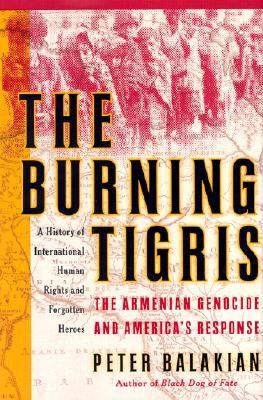
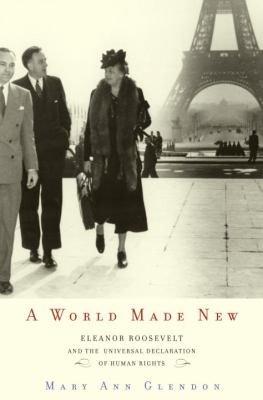
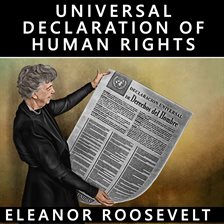
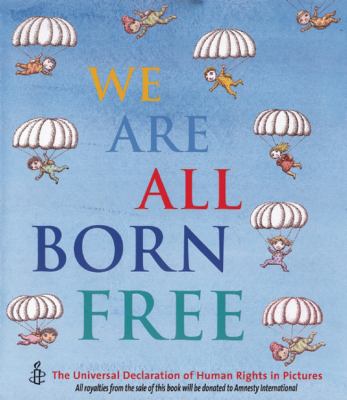
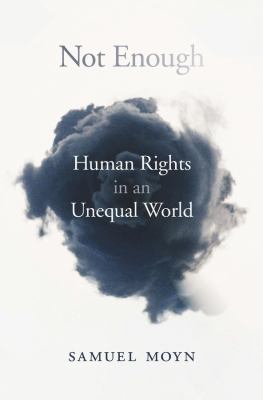
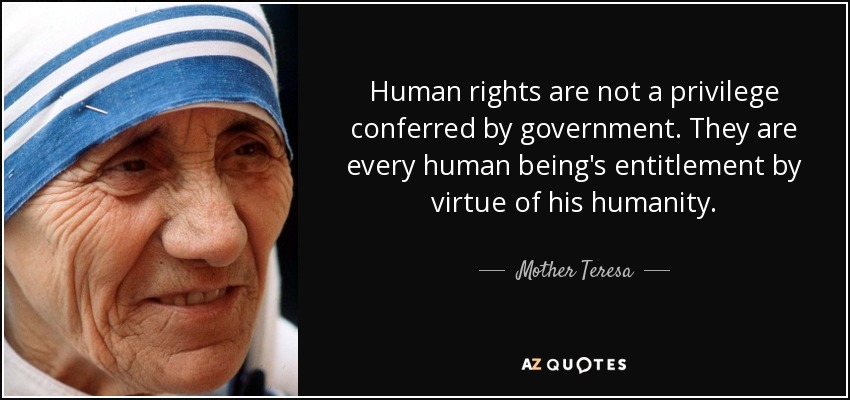
“The future must see the broadening of human rights throughout the world.”
—Eleanor Roosevelt
[i] United For Human Rights, https://www.humanrights.com/voices-for-human-rights/eleanor-roosevelt.html.
[ii] Universal Declaration of Human Rights, https://www.un.org/en/about-us/universal-declaration-of-human-rights.
[iii] Mary Ann Glendon, A World Made New: Eleanor Roosevelt And The Universal Declaration of Humana Rights, xix.